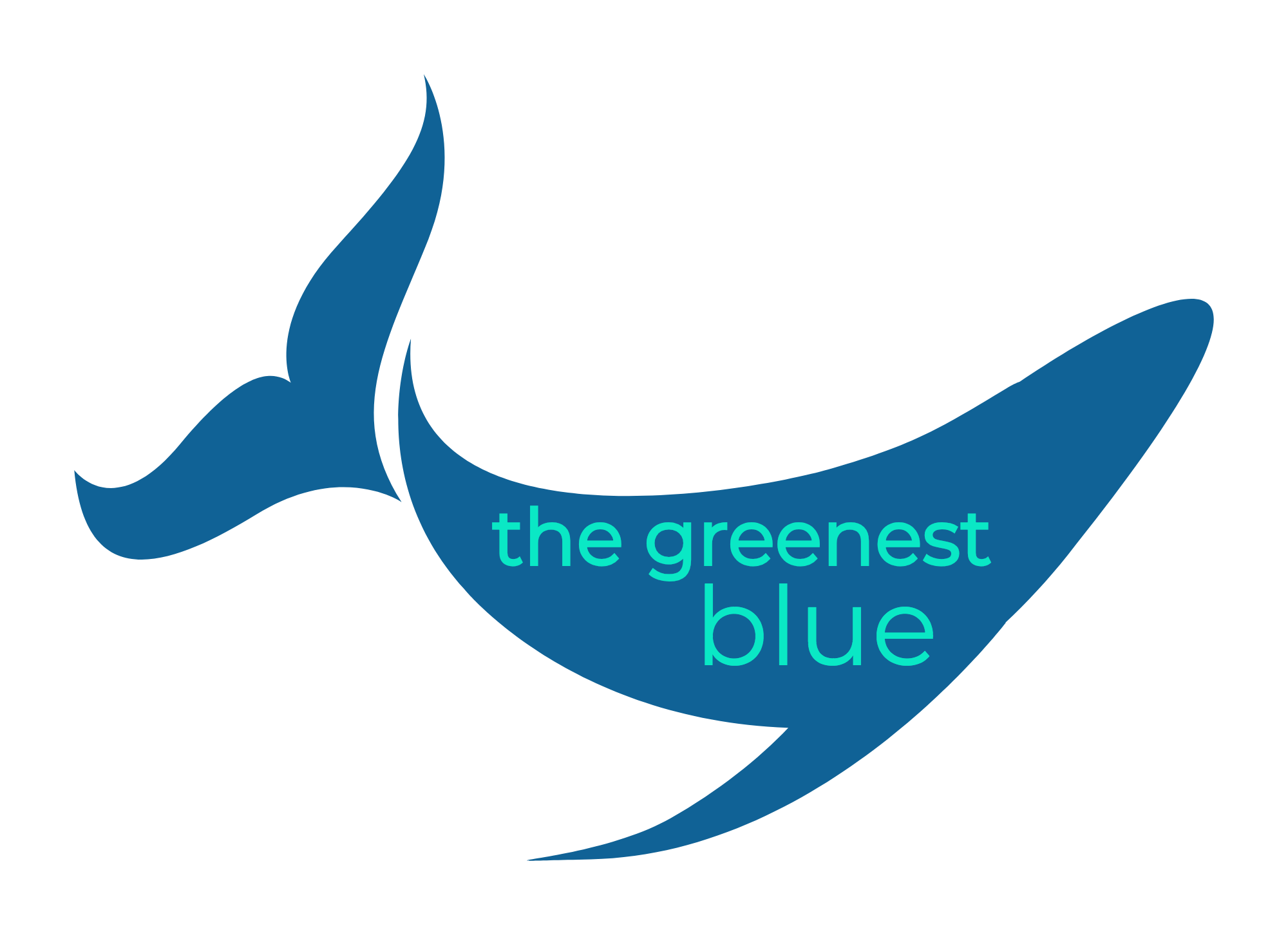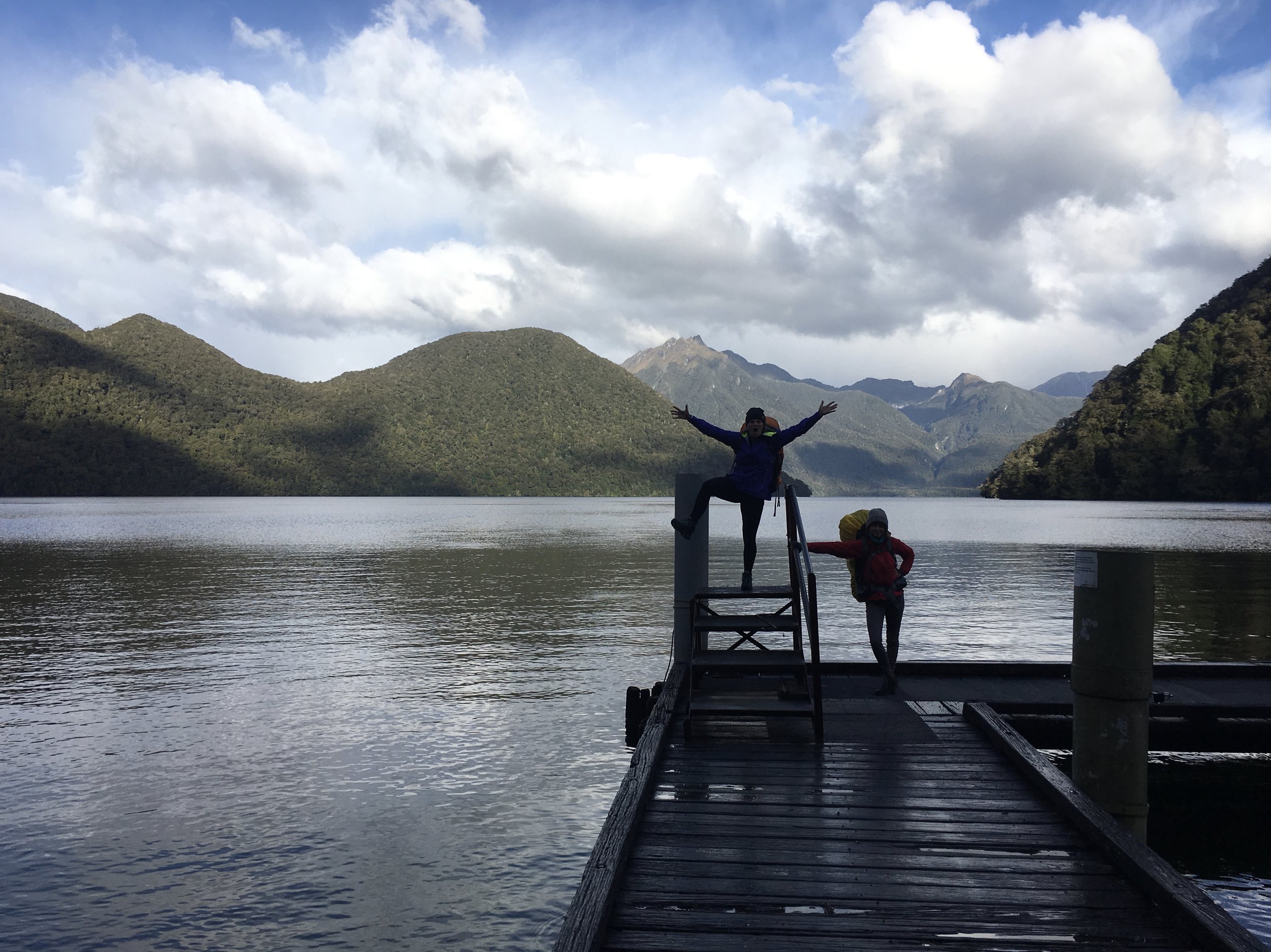Be Like the Buddha of Environmentalism - A Movement Towards Enlightenment in Conservation
I wrote a post not too long ago about the challenges of being an optimistic environmentalist. The struggle is real. Very, very real. I’m sure many of you have seen National Geographic’s latest magazine cover depicting a plastic bag looming up from the ocean like an iceberg with the title “Planet or Plastic?” This particular issue is just the start of the magazine’s multiyear plan to bring awareness to our planet’s plastic overload crisis. At first glance, it’s heart wrenching - another reminder of the doom and gloom and challenges ahead of us. But once I read the article and absorbed the painful facts, the scary stats, and the troubling photographs, I felt a little rush of excitement. Do we even know how many people are going to be exposed to this crisis as a result of this publication, people that may never even have thought about it seriously and now would? National Geographic has always been a magazine that has sparked controversial conversations, and this particular cover has been dubbed “one for the ages.” People are going to be talking. People are going to be freaked out. And that’s good.
THE AWARENESS IS SPREADING.
This idea of “awareness” instantly reminded me of Eckart Tolle, a well-known spiritual teacher, and one of his books that I read last summer called A New Earth. I had stumbled upon this book, tucked away on a shelf at a cozy bookshop on a little Canadian island, and it grabbed my attention immediately. For the next few weeks, I poured over the chapters and felt myself drawn to the powerful spiritual concepts he was introducing to me. One of these was awakening to our inner consciousness.
Defining consciousness is tricky, and I’m not sure I can do a great job of it; it may be better left to the spiritual teachers. Tolle describes how when we become conscious as human beings, we realize our higher purpose and fulfill our destiny. Buddhists calls it enlightenment. Christians might call it salvation. In Hinduism, it is called moksha, or liberation. There are so many different words, different religions, different ways of thinking, but they are all united around a common concept of moving towards the awakening, towards our destiny and our purpose.
Tolle then introduces the idea of Awakened Doing, “the outer aspect of the next state in the evolution of consciousness on our planet.” He goes on to say “we are in the midst of a momentous event in the evolution of human consciousness, but they won’t be talking about it in the news tonight.” He’s describing an exciting change that’s slowly starting to occur in our world - humans are “awakening” and becoming capable of Awakened Doing, which is the alignment of your outer purpose (what you do) with your inner purpose (awakening and staying awake). When you are an awakened being, you are aware of your inner consciousness, and you are able to enter the flow of the outgoing purpose of the universe. You become aware of what you’re doing, and your consciousness guides and empowers it.
Photo by Sev Piper
Now, I started to wonder what he meant by this next step of evolution in our world today. How is this awakening manifesting itself in the external world? Is it the fact that more people are turning inward through meditation, silence, and stillness? When I thought about it on an environmental level, I considered how National Geographic, and other advocates for environmental conservation, can spark their own kind of awakening in people. Perhaps people are starting to realize that the way our society has been developing over the past thousands of years is towards disharmony with the environment and that it’s time to realign our actions to take care of the planet. We can become aware of what we're doing and how it affects the Earth, and this acceptance can empower our actions to take care of it.
To use the plastic crisis as an example: basically, if more people become aware of the plastic problem, they accept that it is happening, and they realize that they are also causing the suffering of our planet, they can become “awakened” in this regard and start doing more good in the world. The level of this “doing” is going to be different for every person. One person might buy their first recycling bin. Others may cut plastic out of their life completely. But that’s not the point, what they’re doing doesn’t exactly matter…it’s why they’re doing it. They’ve awakened to the problem, and they are empowered through that knowledge to do something about it. And maybe awakening to one problem will spark the acceptance and awareness of other problems in our world today. All it takes is the first step to launch the journey.
Photo by Fiona Wardle Photography
Now this is what gets me jingling. I'm planning a series of blog posts spelling out some very practical steps you can take to start critiquing your own lifestyle actions and perhaps move them to fit a more environmentally-friendly and sustainable lifestyle. Think of all the good vibes and happy jives you'll be spreading by taking ownership of this challenge! You just have to want this, and understand why it's important.
Thank you, National Geographic, for sparking our minds and nudging many, many people towards acceptance and action. We've got challenges ahead of us. But all we've got is the present moment to act. Start with one thing today.
Photo by Fiona Wardle Photography
“Unity Magazine: Does the fact that this awakening is occurring convey a sense of hope for the world?
Tolle: Yes. The question is, does the old consciousness need to carry on until it actually brings about its own downfall through chaos and collapse? Or is the new consciousness arising that can gradually replace the old consciousness without excessive destructiveness?
I don’t know the answer to that. We’ll have to wait and see. All we can do is take responsibility for our own lives.”




